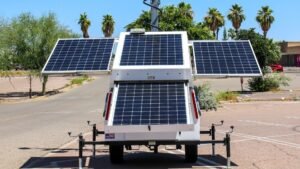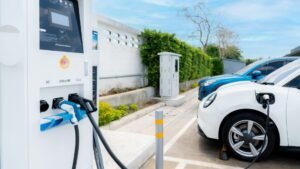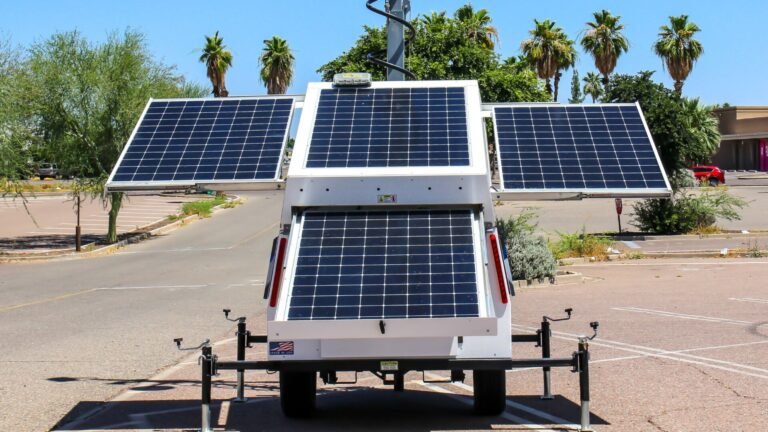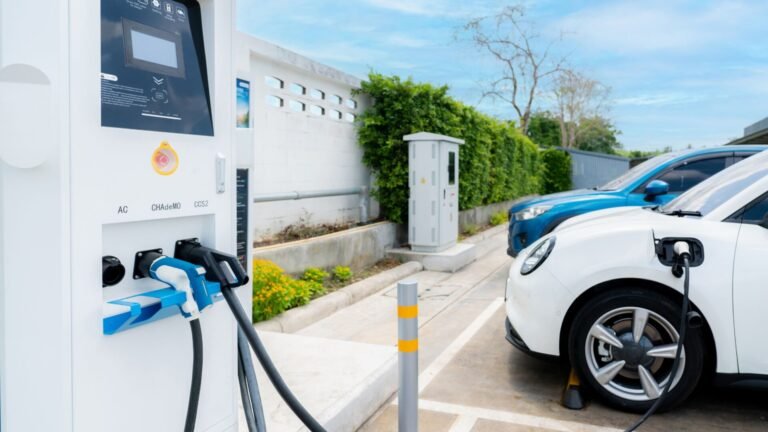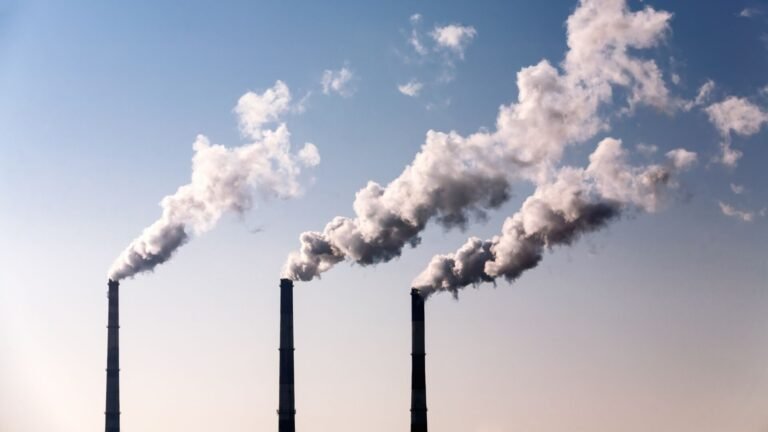As Europe accelerates its transition to renewable energy, innovative solar storage solutions are becoming pivotal.
With the goal of reducing carbon footprints and increasing the efficiency of solar power systems, several cutting-edge technologies have emerged.
In 2024, we are set to witness a revolution in how solar energy is stored, making it more reliable and accessible than ever. This blog explores five solar storage solutions poised to transform the European energy landscape.
1. High-Density Battery Packs
One of the most promising solar storage solutions gaining traction in Europe is the development of high-density battery packs.
These batteries are designed to store a larger amount of energy in a smaller physical footprint, making them ideal for urban environments where space is at a premium.
High-density batteries not only enhance the capacity of solar systems but also improve the scalability of solar solutions in densely populated areas.
Their advanced chemistry allows for longer lifespans and better performance, even in less-than-ideal weather conditions, making them a key player in Europe’s energy future.
2. Liquid Air Energy Storage (LAES)
Liquid Air Energy Storage (LAES) is another innovative technology that is starting to make waves in the solar storage solutions market.
This method involves cooling air to a liquid state, storing it at low temperatures, and then expanding it to drive a turbine when energy is needed.
LAES systems are highly efficient and scalable, suitable for storing energy from residential solar setups to large solar farms. In 2024, LAES is expected to provide a significant boost to Europe’s renewable energy storage capacity, offering a flexible solution to the intermittency issues of solar power.
3. Graphene-based Supercapacitors
The integration of graphene, a strong and highly conductive material, into supercapacitors is transforming solar storage solutions.
Graphene-based supercapacitors can charge and discharge much faster than traditional batteries and withstand more charge cycles.
This makes them ideal for applications where quick energy bursts are more critical than long-term energy storage, such as in smart grids or for load balancing.
European researchers and companies are at the forefront of this technology, which could potentially redefine how solar energy is integrated into the electrical grid.
4. Thermal Energy Storage Systems
Thermal energy storage systems are a cost-effective solar storage solution that Europe is looking to optimize further in 2024.
These systems store excess solar energy in the form of heat using materials like molten salt, which retains heat efficiently.
The stored heat can then be converted back into electricity during demand peaks or at night. Besides their use in residential and commercial solar systems, thermal energy storage solutions are critical for industrial applications where heat is a primary requirement for processes.
5. Blockchain-Enabled Smart Grids
The final piece of the puzzle in innovative solar storage solutions is the use of blockchain technology to create smart grids.
These grids use decentralized data management to improve the efficiency and reliability of energy distribution.
Blockchain enables transparent, efficient, and secure transactions of energy between users, which is crucial for the integration of solar systems into the power grid.
In 2024, blockchain is set to enhance the capability of solar storage solutions by allowing more flexible and user-driven energy production and storage.
Conclusion
As Europe pushes forward with its green initiatives, these five solar storage solutions are at the forefront of innovation.
From high-density battery packs to blockchain-enabled smart grids, the continent is embracing technologies that not only support sustainable energy but also ensure its efficient storage and use.
As we move into 2024, these solar storage solutions will play a critical role in helping Europe meet its renewable energy goals, making solar power a reliable and integral part of the energy mix.
Embracing these technologies today will pave the way for a cleaner, more sustainable tomorrow.

